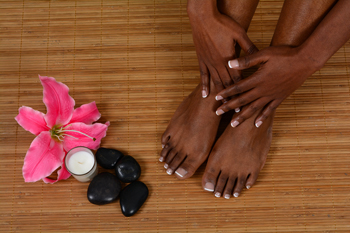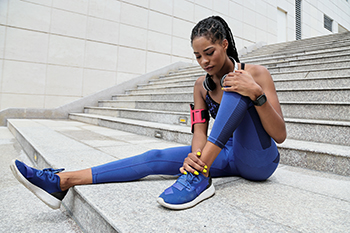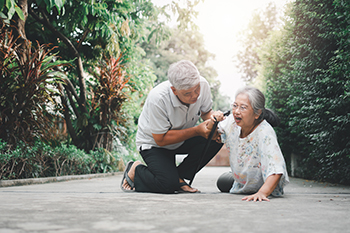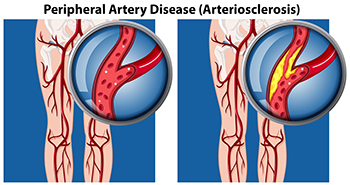
Proper foot care is essential for maintaining mobility and overall quality of life and becomes increasingly important with age. Foot issues can hinder everyday activities, such as walking, shopping, and exercising, leading to impaired mobility and a decreased quality of life. Pain or altered walking due to foot problems heightens the risk of falls, potentially impacting mental well being, social interaction, and increasing the likelihood of depression. In the workplace, foot pain can reduce productivity, affecting self esteem and effectiveness. Moreover, good foot health is vital for maintaining the ability to exercise, which in turn affects general health, weight management, and the risk of diabetes and heart disease. Surgery for foot issues may result in lasting mobility challenges, altering lifestyle and well-being. For those with diabetes, foot care is even more critical as high blood sugar can lead to circulation issues and nerve damage, increasing the risk of hard to treat infections. As part of your journey to improve your overall health and well being, it is suggested that you make an appointment with a podiatrist to have your feet examined, obtain any necessary treatment, and learn about effective foot care.
Everyday foot care is very important to prevent infection and other foot ailments. If you need your feet checked, contact one of our podiatrists from Illinois . Our doctors can provide the care you need to keep you pain-free and on your feet.
Everyday Foot Care
Often, people take care of their bodies, face and hair more so than they do for their feet. But the feet are a very important aspect of our bodies, and one that we should pay more attention to. Without our feet, we would not be able to perform most daily tasks.
It is best to check your feet regularly to make sure there are no new bruises or cuts that you may not have noticed before. For dry feet, moisturizer can easily be a remedy and can be applied as often as necessary to the affected areas. Wearing shoes that fit well can also help you maintain good foot health, as well as making it easier to walk and do daily activities without the stress or pain of ill-fitting shoes, high heels, or even flip flops. Wearing clean socks with closed shoes is important to ensure that sweat and bacteria do not accumulate within the shoe. Clean socks help to prevent Athlete’s foot, fungi problems, bad odors, and can absorb sweat.
If you have any questions please feel free to contact our offices located in Wheeling and Berwyn, IL . We offer the newest diagnostic and treatment technologies for all your foot and ankle needs.





